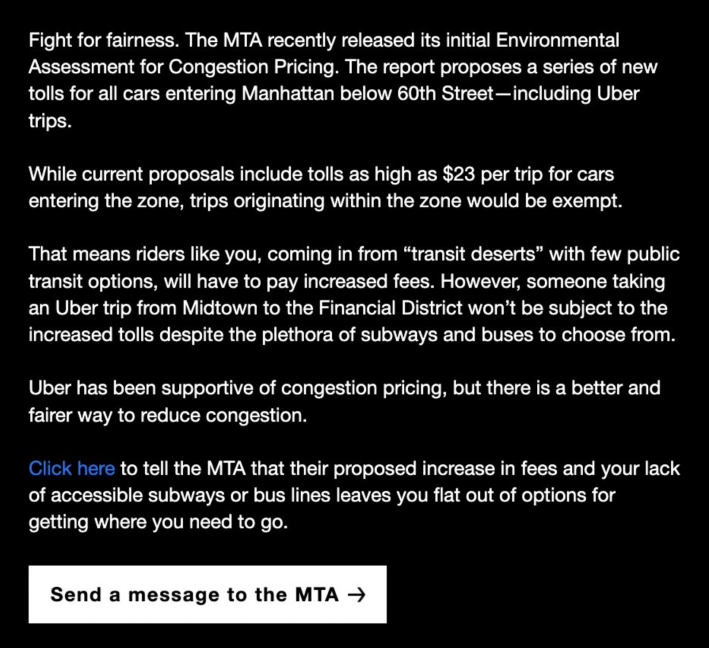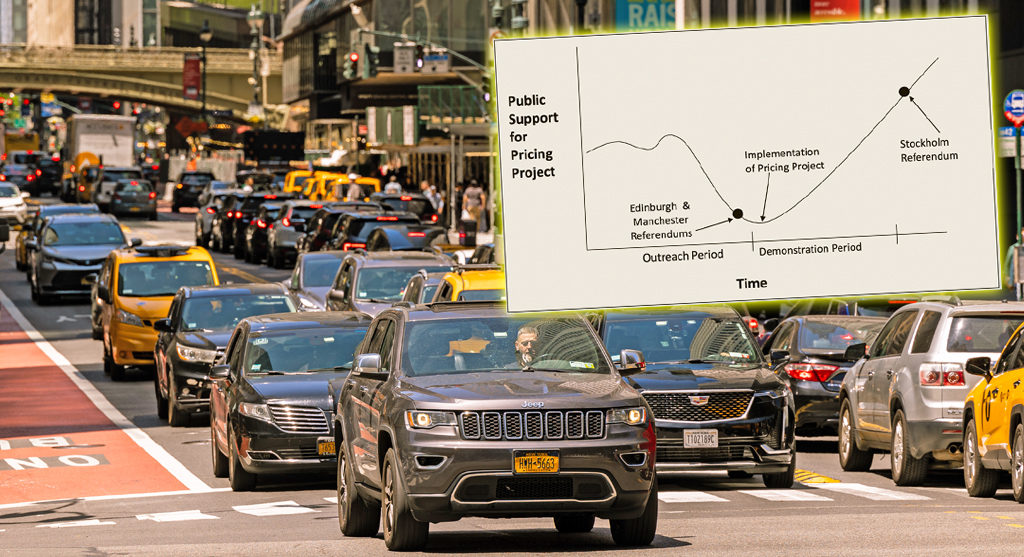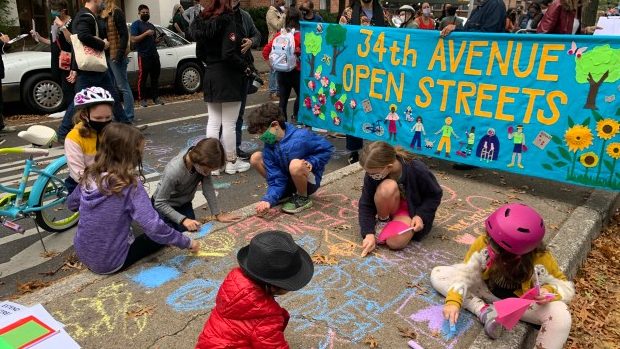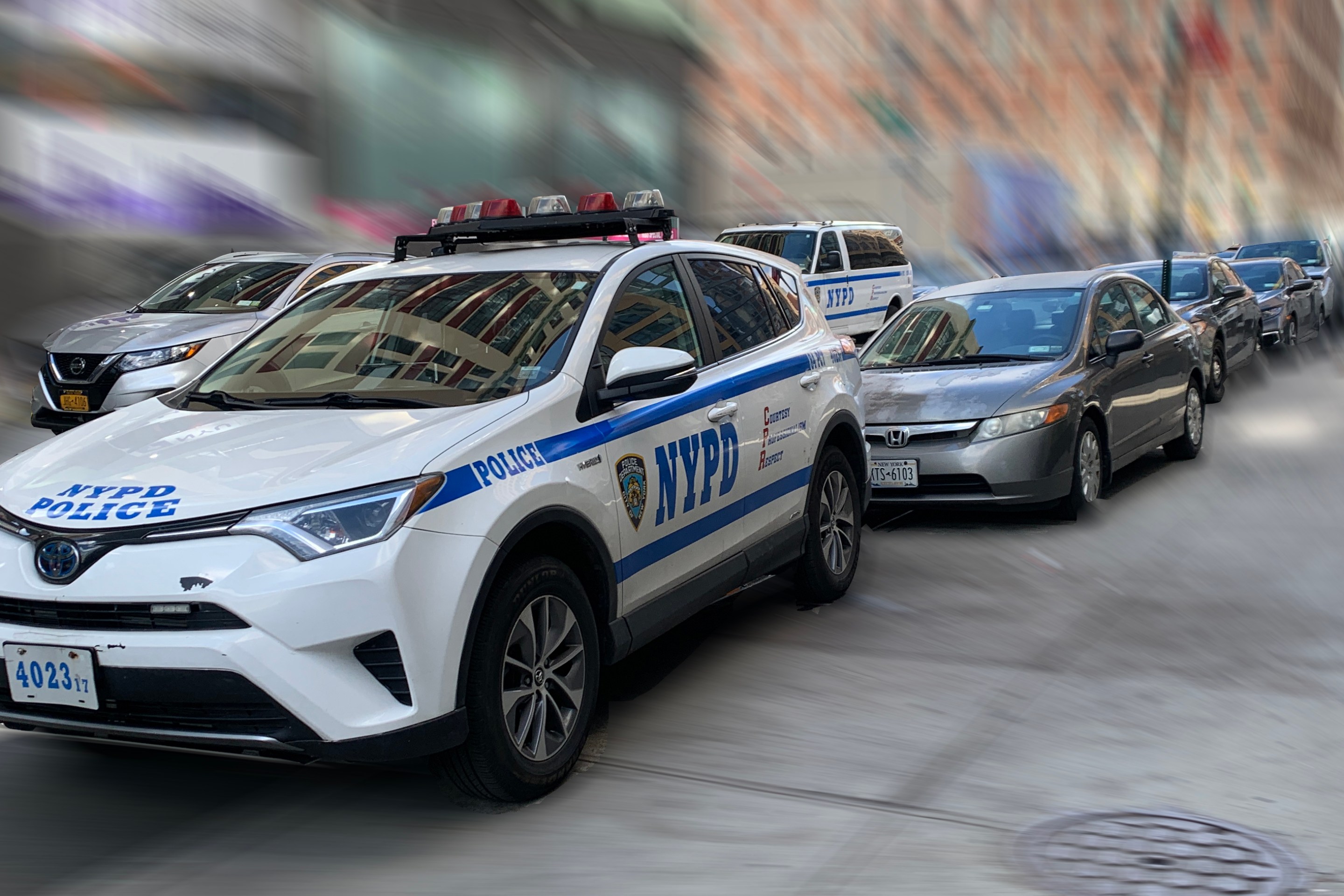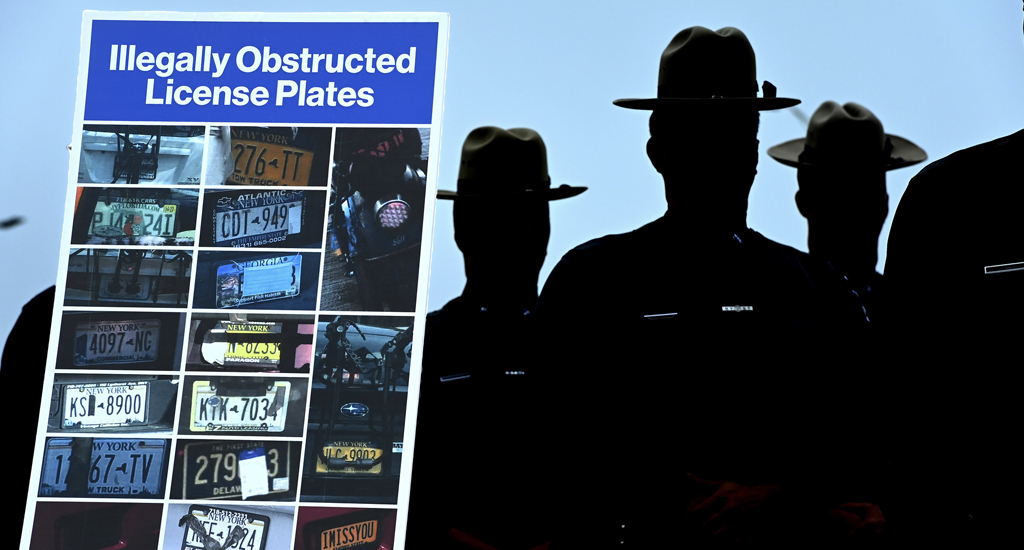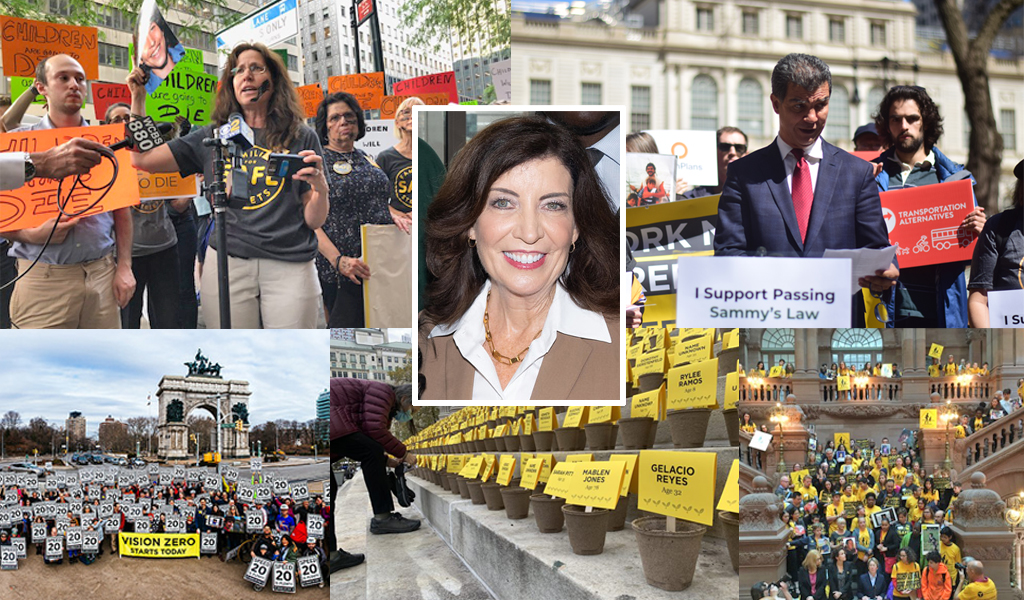Uber: We Do Support Congestion Pricing, But With One Caveat
7:31 AM EDT on September 12, 2022
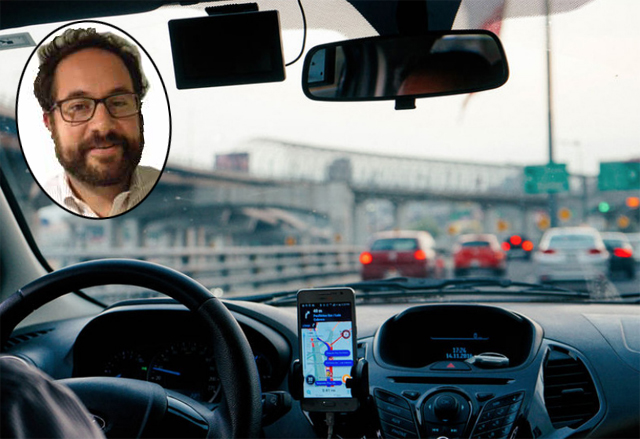
We received the following opinion piece from Uber after publishing a story about the company's effort to encourage its customers to testify at last week's MTA's congestion pricing hearings and "say no to increased fares.” The company's note to its customers suggested that congestion pricing might mean “you could pay more than $30 — in just taxes and fees.” The story earned Uber some negative reactions from congestion pricing supporters, not the least of which because Uber is part of a pro-congestion pricing coalition. Here's Uber's response:

There have been concerns in these pages and elsewhere about Uber’s recent communications to users of our platform regarding congestion pricing. Let me be unequivocally clear: Uber supports congestion pricing. In NYC, this means supporting a Finding Of No Significant Impact (“FONSI”) by the Federal Highway Administration so that congestion pricing can finally move forward.
We’ve long supported road pricing in New York City, and even in other cities where it is less popular. We haven’t been in the trenches for as long as many of Streetsblog’s readers, but we have never been just a logo on a letter either. In 2017, we took out the first of many broadcast TV ads that called for congestion pricing and hammered the state of subway service drawing the ire of then-congestion pricing opponent, Andrew Cuomo, and his hench people. We spent millions of dollars funding message testing, research, lobbyists and grassroots organizing to help those that have been fighting for congestion pricing for decades.
We always expected, and even called for, all road users, including those who utilize Uber, to be charged. Vehicles that aren't charged will take the place of those that are, which is partly why in New York, trips taken in vehicles for hire (FHVs and taxis) are significantly reduced from pre-pandemic levels, but traffic is worse. A near record increase in personal vehicles and e-commerce deliveries have replaced vehicles for hire.
Uber supports congestion pricing, including on our own trips, to fund mass transit infrastructure. We do this because we are a for-profit company and good, robust, public transportation is good for business, while congestion that slows travel times and frustrates riders and drivers is bad for business. In fact, our top cities are ones with robust transportation options.
Many of those customers don’t own or have access to a personal vehicle and rely mainly on public transit or safe biking infrastructure: A business traveler on a trip from another city. A college student who wants to go out safely at night. And a New Yorker who relies on mass transit or safe biking infrastructure for the vast majority of their transportation needs, but wants to take an Uber after an especially long day, when they have too much to carry, or are going out for a special occasion. Without safe, reliable, public transportation, New Yorkers buy cars — and use them.
[We asked the company just how many Uber customers in so-called "transit deserts" would even be susceptible to the congestion told and Gold said that 14.77 percent of Uber trips that started outside the zone, but ended in the zone, originated at a location more than a mile from a subway stop.]
But just because we support the issuance of a FONSI does not mean we accept the MTA’s tolling scenarios unequivocally. Since February 2019, taxi and for-hire-vehicle trips are assessed a congestion surcharge ($2.50 for taxi & $2.75 for FHVs like Uber) on any trip that starts, ends or travels through Manhattan south of 96th St. — a fee that raises $393 million for the MTA annually and was sold as phase I of congestion pricing. In fact, the enabling legislation instructs the MTA to “implement a plan to address credits, discounts, and/or exemptions for for-hire vehicles… subject to [the existing] surcharge.”
Some of the scenarios do this, but in a clumsy fashion. Even if you believe a second toll is needed, it must be designed for this industry. First, vehicle for hire drivers shouldn’t pay — the purpose of the fee is to raise revenue and deter some trips. Consumers should have to pay the charge directly as they do with the existing surcharge, and the MTA scenarios that cap tolls on vehicles for hire make that difficult, since platforms like Uber will not have knowledge of which drivers crossed the cordon — or not — and not know when to charge riders.
Second, if any new charge on vehicles for hire is warranted, it's on trips entirely within the zone, where congestion pricing will lead to faster speeds (and therefore lower fares for riders) and will induce more demand for vehicle for hire trips in the zone. Tolling trips that start in Maspeth and end in the zone, but not trips that start in Tribeca and in Midtown doesn’t make sense in the taxi industry. A small, easy-to-implement, incremental fee on top of the existing charge on trips within the zone would serve as a deterrent in an area where mass transit options are plentiful while also raising tens of millions of dollars. Exploring the impact of such a charge can coincide with the federal process, not delay it.
Why did Uber communicate with riders and drivers at all, instead of just commenting as part of the public comment process? Generating public comments works. After Uber and other members of the industry pushed platform users and third parties to comment at the September 2021 hearing, the MTA modeled four scenarios in addition to those originally presented that further capped or exempted vehicles for hire (Page 46).
Could we have been clearer about asking our users to support a FONSI? Yes. But doing so while also asking our customers to make the nuanced argument about exploring additional tolling arguments scenarios isn’t easy. Moving forward, we will continue to advocate for congestion pricing for all road users and ask our customers to as well, but we will strive to be clear and nuanced.
Josh Gold is senior director of policy and communications for Uber Technologies. Gold joined Uber in 2015.
Just to close the circle on this, we asked taxi industry expert, and former DOT official, Bruce Schaller to "fact check" Uber's op-ed. Here's what he had to say:

Streetsblog asked me for comment on the Uber letter, which puts me in the (perhaps surprising to some) position of almost entirely agreeing with the company. I think they are right to prefer an incremental fee on top of the $2.75 their customers currently pay for trips involving the central part of Manhattan. We probably disagree about the amount if the discussion got to that point, but it makes a lot more sense to add to the current fee than only charge trips entering the zone.
Moreover, the text Uber quotes from the statue possibly enables the MTA to do that as part of the scheme about to be implemented. If not, there is always the possibility of legislation action on this issue.
However, Uber's messaging strategy is another matter. Might not one suppose that Uber customers are smart enough to take in a nuanced argument? No reason to think otherwise. So why wouldn't Uber urge their customers to do what it thinks makes the most sense? Doing just that would prevent some of us from thinking the company is talking out of both sides of its mouth. And it would enhance public discussion of an important public policy issue that we've all been working on for quite some time.
Stay in touch
Sign up for our free newsletter
More from Streetsblog New York City
Tuesday’s Headlines: Valley of Political Death Edition
Did you see the new poll showing congestion pricing is really unpopular? Ignore it! Good times are coming. Plus other news in today's headlines.
Open Streets Groups Warn of Extra Red Tape to Run Events
Two weeks notice for hopscotch or a yoga class?
Monday’s Headlines: A Federal Case over Parking Edition
We're flicking our bicycle bell over a big scoop last week that no one picked up on...yet. Plus other news.
Hochul, Legislators Reach Toll Evasion Crackdown Deal
Higher fines for covering a plate and for not paying tolls are part of the budget deal inked on Saturday.
Behind the Scenes: How Gov. Hochul Got ‘Sammy’s Law’ Over the Finish Line
Opponents didn't want to put their name on a no vote for the life-saving measure.
